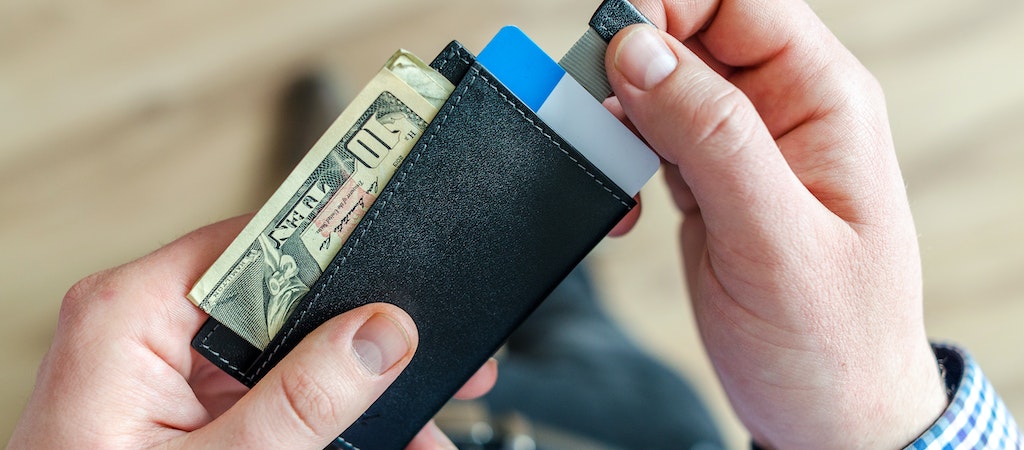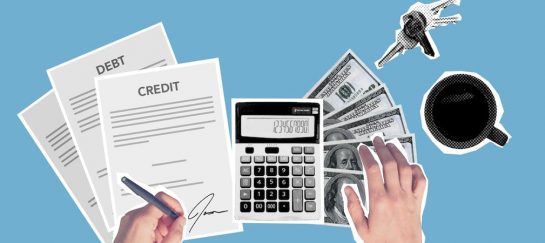
Tips to Increase Your Credit Score
Credit Score
Having a high credit score can make it easier to borrow at a favorable rate or get a loan. It is, therefore, beneficial to focus on improving your credit score. Continue reading to learn how to boost your credit score:
Pay Bills on Time
Payment history is one of the biggest factors that affect credit scores. In fact, it makes up 35% of the credit score. So, missed or late payments can negatively impact your credit score.
How to Improve Your Credit Score
It is best to make the minimum payments on time. If you do not want to miss any payment, set up automatic payment in your account or a payment reminder.
You pay your bills every month. So, make sure you always have enough cash in your account.
In addition, check your credit report more than once every year. If you find inaccurate information, correct them immediately.
Keep Balances Low
Your credit utilization rate is used to determine your credit score. Credit utilization rate is the measure of the amount of available credit you are using.
If you are about to hit your credit limits, then your rate is high. So, lenders will have reason to believe that you might default.
How to Improve Your Credit Score
It is a good idea to have credit cards and use them. It is, however, important to effectively manage or even reduce your debt. So, pay your balance in full each month.
Do not carry a balance. Why? It does not help your credit score. If you cannot pay your balance in full, you can pay as much as possible.
It is best to keep your credit utilization rate under 30%. For example, if your credit card balance is £10,000 limit, then you should keep the balance under £3,000.
Do Not Close Your Old Accounts
The ages of your old accounts and the length of your credit history are used to determine your credit score. In short, if you have a long credit history, you will have a high credit score.
Therefore, if you close your old accounts, you will just lower the average age of your old accounts.
One of the other factors in your credit score is when you last use your credit cards. If you plan on keeping your old accounts, your cards might be closed if you have not used them for a long time.
If you no longer need your older credit cards, you still have to keep them active. How? Put small, recurring purchases on your older cards. Then, set up automatic payments or payment reminders to ensure you are paying off the balance on time.
Do not rush to open new accounts. Why? They lower the average age of your accounts.
Closing an old account lowers your total available credit. It can also make your credit utilization rate go up and lower your credit score.
Have a Mix of Credit
Lenders prefer individuals who are managing multiple loans and credit at the same time. It is, therefore, wise to have a mix of installment loans and credit cards, such as student loans, auto loans, and a mortgage. You, however, need to pay on time.
How to Improve Your Credit Score
Having a mix of credit is a small part of your credit score. It is, therefore, not effective to open more accounts to help you boost your credit score. You just have to know the types of loans you have and improve the mix when you are borrowing money. If you are attempting to get your debt in check ask the question: Is it easy to live with a debt management plan?
Why It Matters?
If you get a new credit card, it can either hurt or help your credit. So, you have to be strategic. According to FICO, if a person opens multiple credit accounts within a short time, the person may appear to be a higher credit risk in the eyes of lenders.
Your credit could fall when you get a new credit card. This is because lenders check your credit reports and the average age of your accounts will be lower.
Daily Newsletter
Subscribe to Jebiga for a dose of the best in gear, design, rides, tech and adventure.





